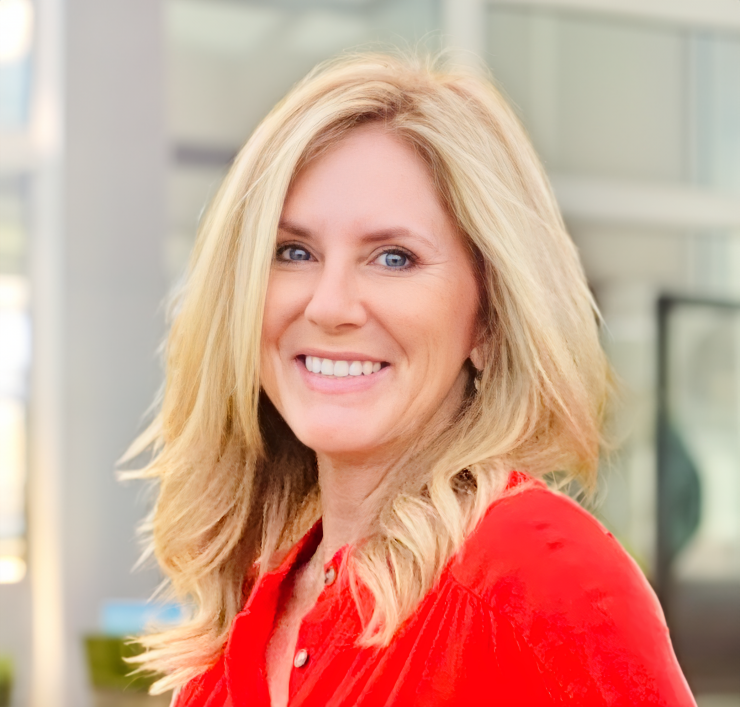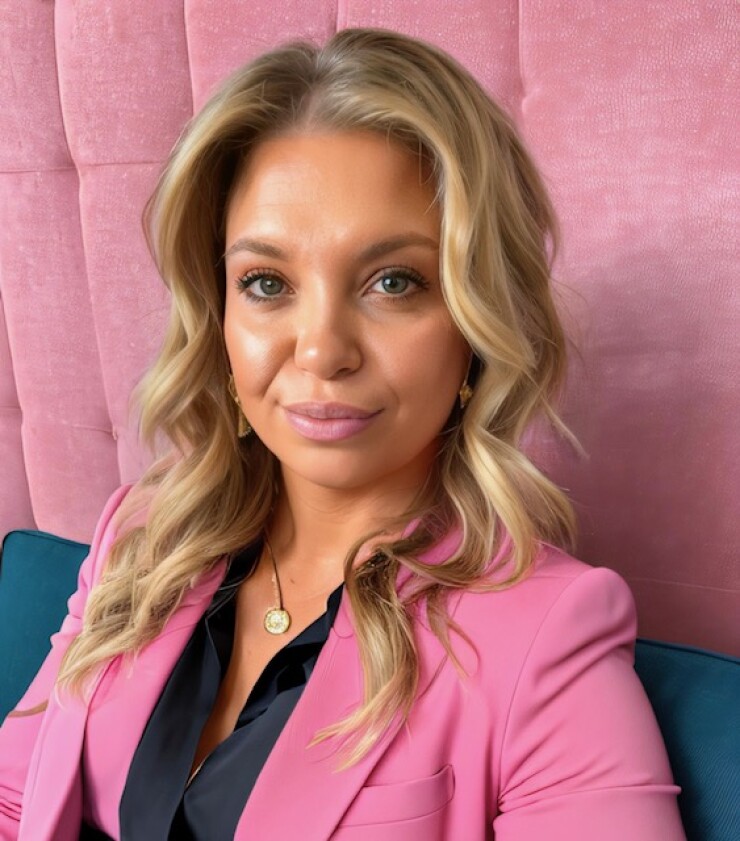Part 1 in a multi-part series about how these advisers navigate end-of-life care for themselves and their clients.
Life doesn't just spill into work — so does death.
Unpredictable waves of shock, grief and anger crash down onto workloads as well as invade physical, mental, emotional and spiritual well-being. And they serve as stark reminders that personal and professional lives bleed into one another, especially given the growing number of
Just ask Allison De Paoli and Kristine Scheer, both GenX benefit advisers whose parents passed away under unfortunate circumstances that stopped them in their tracks, but also reshaped their collective view of the U.S. healthcare system and client work. Together, they mourned a nation's callous approach to end-of-life care for the elderly and saw a dire need for reform.

De Paoli, founder of Altique Consulting and an Employee Benefit News columnist, wrote about losing both parents since December 2023 to traumatic falls just seven months apart from one another. She packed those heart-wrenching commentaries with thoughtful calls to action for fellow brokers and advisers on how they could improve the design of their clients' benefits. Nearly a year since becoming an adult orphan, she still feels the sting of those two losses.
Read more:
"I think that this is a really important topic, and nobody ever wants to talk about it. People are very uncomfortable about death and ill parents," she says. Since sharing her stories of loss, she has encountered scores of others who had similar experiences but didn't know what to do.

For Scheer, founder of K2 Strategic, the wounds are fresh. Her mother died earlier in the year ironically enough at the same hospital from where she retired 15 years earlier as a nurse in the open-heart surgery room for most of her career and then in general surgery. A series of missteps by that facility soured the family's experience. It proved to be disappointing for a deeply loved and admired single mother who gave so much to her community but received little in return at the end of her life.
What made her mother's passing
Read more:
'A young life cut short'
Imagine having to deal with a young life cut short. Meet Amanda Volner, assistant vice president of broker partnerships for the Healthee AI-powered care-navigation platform whose sister died nearly two years ago at the age of 27.
Life went completely sideways when her sister, who had a painful and debilitating joint disorder called Ehlers-Danlos syndrome, was uninsured and in the
"I suffered from a deep depression for about a year and a half and was seeing a therapist," she says, referencing both a struggle to stay sober and wrestling with suicidal thoughts. "I had to start taking an anti-anxiety medicine at night to help me sleep because I kept seeing images of my sister in that hospital bed with a ventilator in her throat, and you just can never unsee it."
Read more:

Stepping outside her family's ordeal and inner personal turmoil, Volner gradually observed a significant need for making primary care more accessible and affordable and encouraging cash options for specialists, as well as closing the gaping hole in advocacy for uninsured Americans. Without such barriers, there could have been a different outcome for her sister and countless others like her.
"Everything is just so intertwined with the insurance system," she opines. "So, I think if she would have had access to something like direct primary care that she might still be alive today."
Stay tuned for Part 2 of this series.






